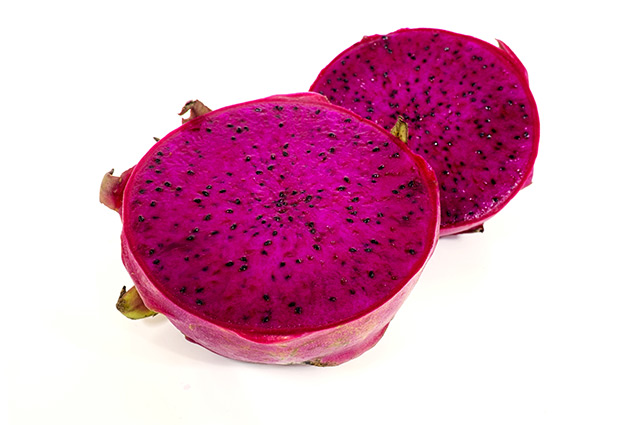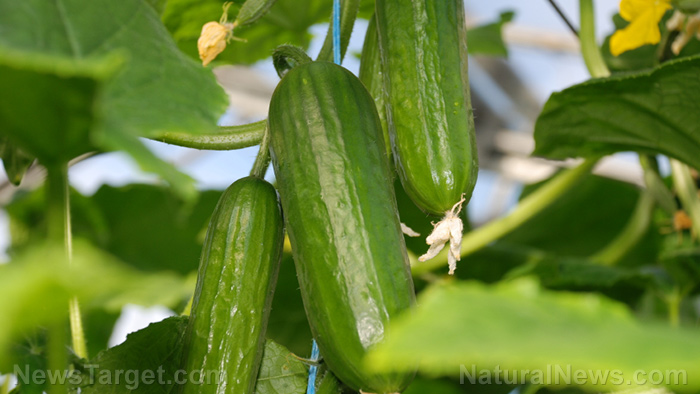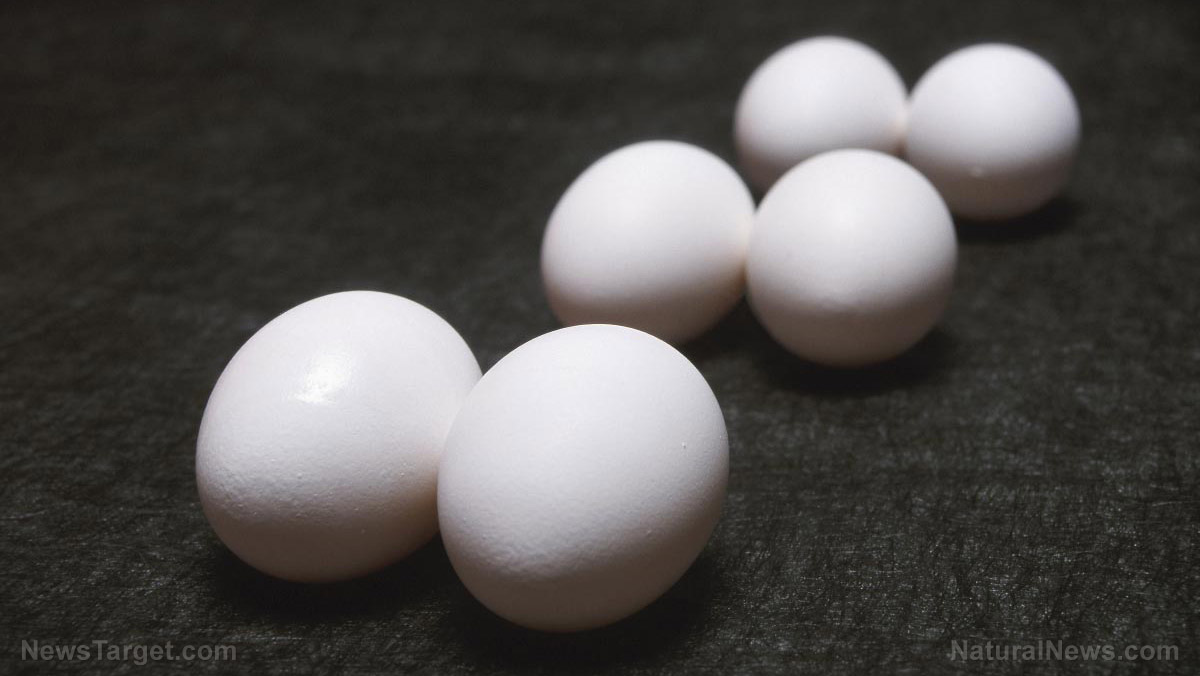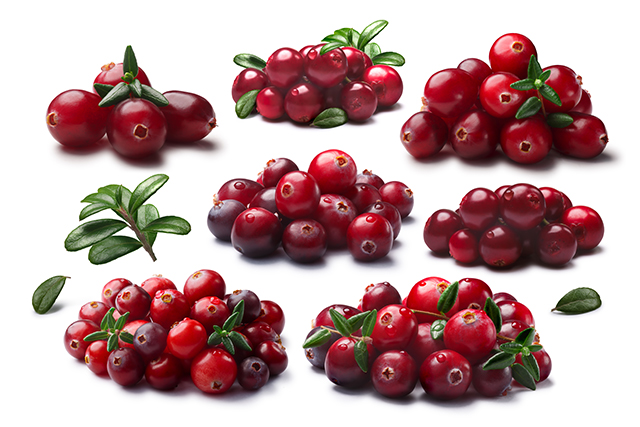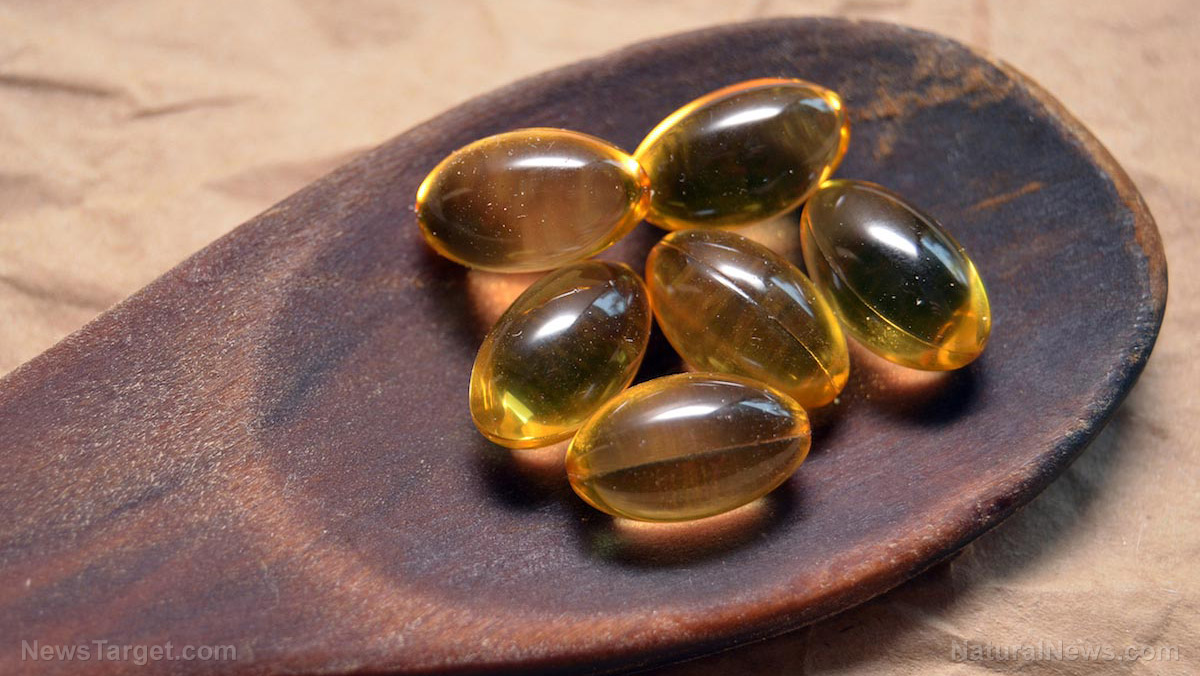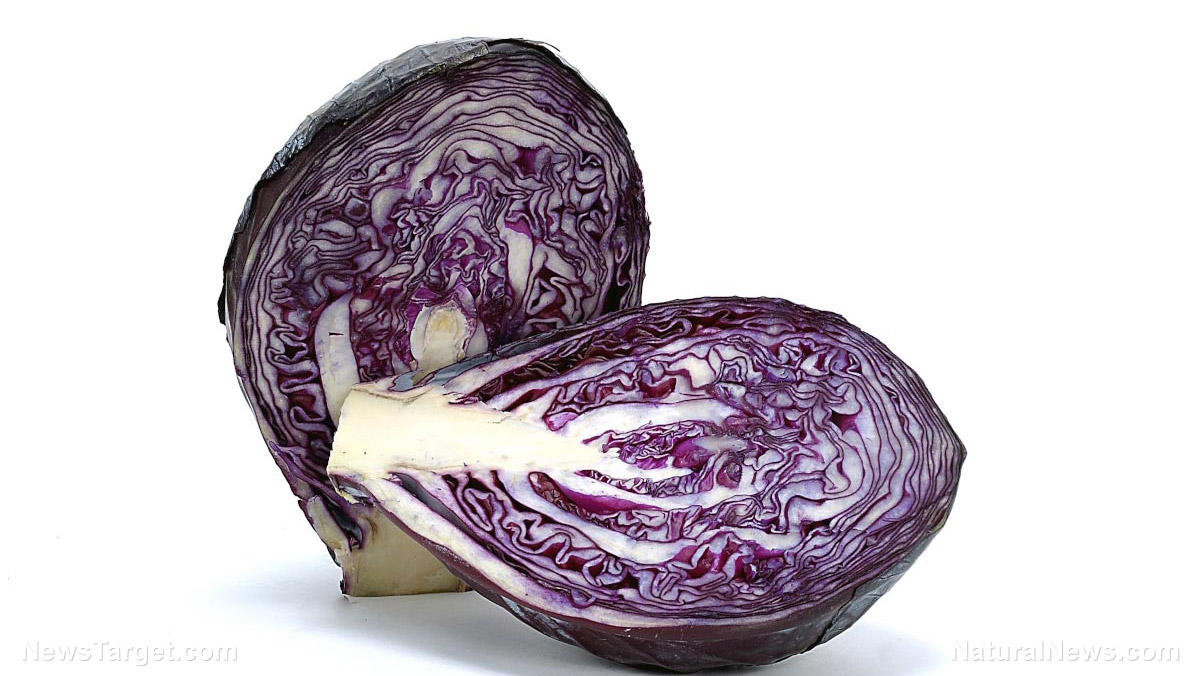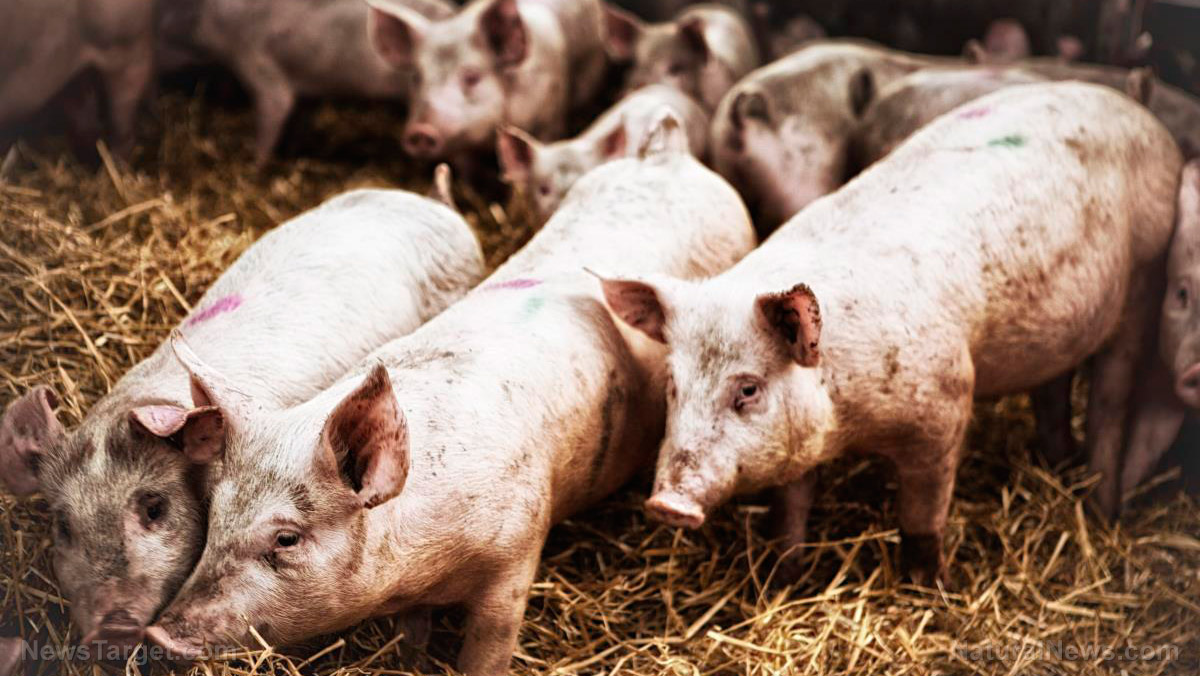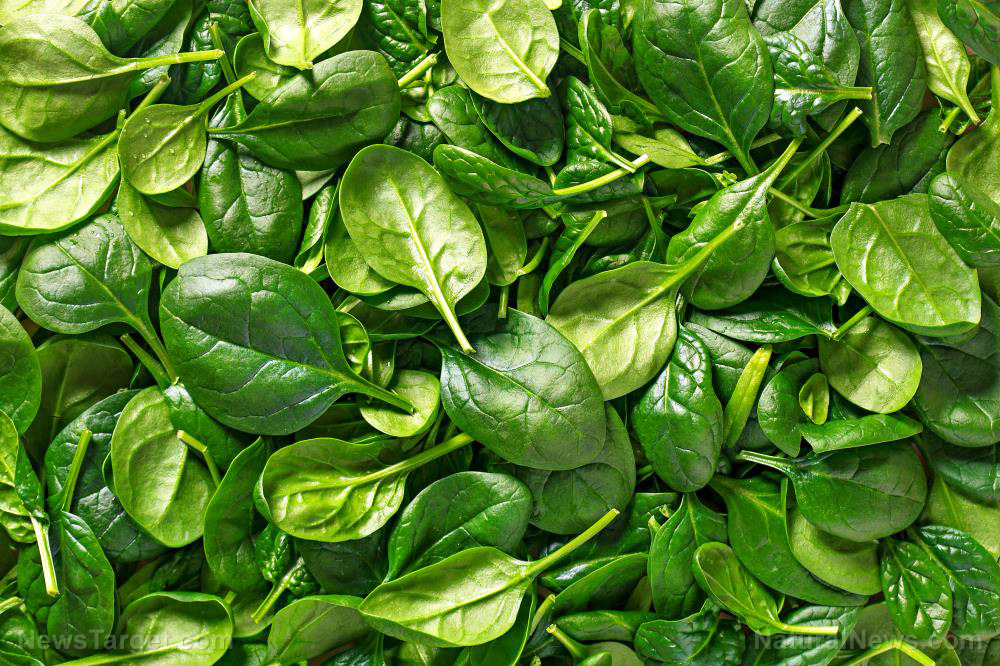Ghostwriting and editing “independent” studies: Monsanto has conjured the “science” necessary for their bottom line all along
10/13/2017 / By Vicki Batts

Monsanto is regarded by many as the “most evil” corporation in the world — and there’s no shortage of reasons why. But their phony “independent” studies on glyphosate sure do take the cake. Countless reports of Monsanto stepping in and editing research on their cash-cow, the ever-toxic Roundup, have begun to surface. Additionally, it seems that Monsanto doesn’t just try to sway the science on their hazardous product — the biotech firm has also “persuaded” writers to downplay the toxicity of glyphosate in their writing, as well. Indeed, it would seem that Monsanto is engaging in “damage control” to keep the truth about glyphosate from being revealed to the public. But their unscrupulous behavior hasn’t gone unnoticed.
As Food Babe recently reported, newly released emails have shown that Monsanto managed to convince a scientific journal to retract a published study which showed rats fed GMO foods and Roundup developed tumors. Dubbed “the Seralini study,” Monsanto has been slamming the study since 2012. But that’s not the only instance of Monsanto sticking their dirty hands into the mix to disrupt scientific research; the company has (unsurprisingly) taken far stronger measures to suppress the truth about their products.
In August, the Baum, Hedlund, Aristei & Goldman law firm released a string of emails that also showed Monsanto employees managed to involve themselves with the editing and drafting of scientific research on glyphosate. More, these studies were supposed to be independent, and yet, it appears the 2016 study was anything but.
As BaumHedlundLaw.com reports:
The emails reveal that Monsanto worked with an outside consulting firm to publish a review on glyphosate in the scientific journal “Critical Reviews in Toxicology.” Published in Sept. 2016, ‘An Independent Review of the Carcinogenic Potential of Glyphosate’ was aimed at rebutting the 2015 International Agency for Research on Cancer (IARC) report on glyphosate, which concluded the chemical is a probable human carcinogen. According to the IARC report, non-Hodgkin lymphoma is the cancer most associated with exposure to glyphosate.
In other words, Monsanto tried to obscure the IARC’s finding that glyphosate was carcinogenic by producing a fake “independent” study that would contradict the IARC. Monsanto executive William Heydens reportedly pioneered the effort and at least two panelists who took part in the Critical Reviews in Toxicology report were paid off by Monsanto. Most notably, no mention of Monsanto’s involvement was disclosed in the review.
The German Federal Institute for Risk Assessment has also become the subject of scrutiny after it was revealed that whole sections of their report on glyphosate came from the product’s manufacturer.
It would seem that Monsanto’s collusion with government agencies is a worldwide phenomenon. Here in the states, the biotech behemoth has come under fire for colluding with the U.S. Environmental Protection Agency. Earlier this year, a shocking letter from a dying EPA scientist illustrated just how deeply entrenched the agency was. Scientist Marion Copley begged her colleague Jess Roland to stand up to Monsanto and “do the right thing” and stop putting his bonus ahead of the safety of the American public.
Court documents have also shown that the EPA approved glyphosate for widespread use without ever actually testing the product themselves. Instead, these phony scientists based their approval off of studies provided to them by the industry. Further, even Monsanto has reportedly never actually studied the chronic carcinogenicity of glyphosate, because for some reason, the EPA doesn’t require such information for approval. Monsanto has been conjuring up approval for their toxic product since day one — but as their narrative continues to unravel, there’s hope that their web of lies will finally come to an end. [Related: Learn more about Monsanto’s misdeeds and corrupt practices at MonsantoMafia.com.]
Sources for this article include:
Tagged Under: corporate corrupution, corruption, EPA, ghostwriting, glyphosate, government collusion, IARC, Monsanto, Roundup, scientific research

